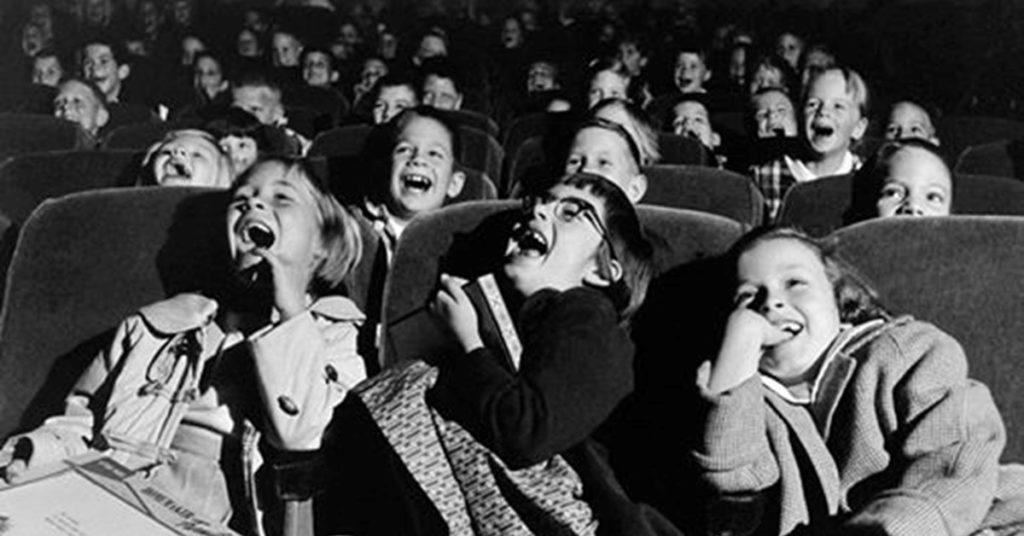
This review was written by Mockingbird intern Jeff Dillenbeck.
What is the purpose of movies? Is it to entertain? To communicate? I’ve typically seen movies as meant to be artistic expressions (especially after seeing most of the best picture Oscar nominees, this past year), works that evoke emotion or relay something about the human experience in way that the written word can’t quite capture. Like other the other art forms, film has the power to move its human audience—to provoke thought, to encourage, to empower.
But what do movies have to say to the divine?
That’s what film critic Josh Larsen (of the podcast Filmspotting) asks in his new book Movies Are Prayers. Larsen takes takes film theory to the cosmos as he suggests that there is a spiritual element in both the creation and enjoyment of movies—that film often fulfills the same functions as prayer. Prayer, as Larsen sees it, is human instinct, recognition of good and evil, “wonderings and wanderings of the sublime and sorrowful,” and he points out that movies function in a similar way. From Silence of the Lambs to The Muppets, movies communicate our experiences, not only to one another, but also to God. Using specific movies as examples, ranging from Criterion classics to recent rom-coms, Larsen artfully explores the various purposes of prayer through the lens of film.

Here are some of my favorite quotes from Movie Are Prayers:
“Our prayers, too, are imperfect. Some of them might be rated R. They are offered by fallen creatures, so they are by nature fallen as well. Set aside any stained-glass image of prayer and consider how they often look in everyday life. We’re distracted when we pray. We pray for the wrong things. We use the wrong words. I—far too often and like the disciples—fall asleep. What we offer are not golden gems of shiny spirituality but messy expressions that reflect the brokenness out of which we’re born. The same can be said of cinema. Movies also represent the efforts of fallen creatures who have imperfections of all kinds, moral and otherwise.”
“God uses story to communicate his very nature to us, as well as his plan for the world. We, in turn, use story to make sense of our experience within his narrative. And so our prayers, including those uttered in the movies we watch, always fall somewhere along God’s timeline.”
“I hope a few things: that movies, at their most potent, are not diversions or products or even works of art, but prayerful gestures received by God; that we best honor movies when we allow them this potential, rather than treat them like ways to pass the time or purchases to be made or unwashed items to be dissected according to an arbitrary moral code; and that no matter what our response, God still watches them with a heart that is both righteous and merciful.
As we watch films, then, let’s enter the theater as we would a sanctuary where a prayer is about to be offered. Let’s listen to the prayer carefully and graciously before we add our own words. Let’s be a congregation, not a censor board. Let’s be open to the possibility that as movie watchers, we’re privileged eavesdroppers on a dialogue between God and the creative beings he made.”

COMMENTS
Leave a Reply












